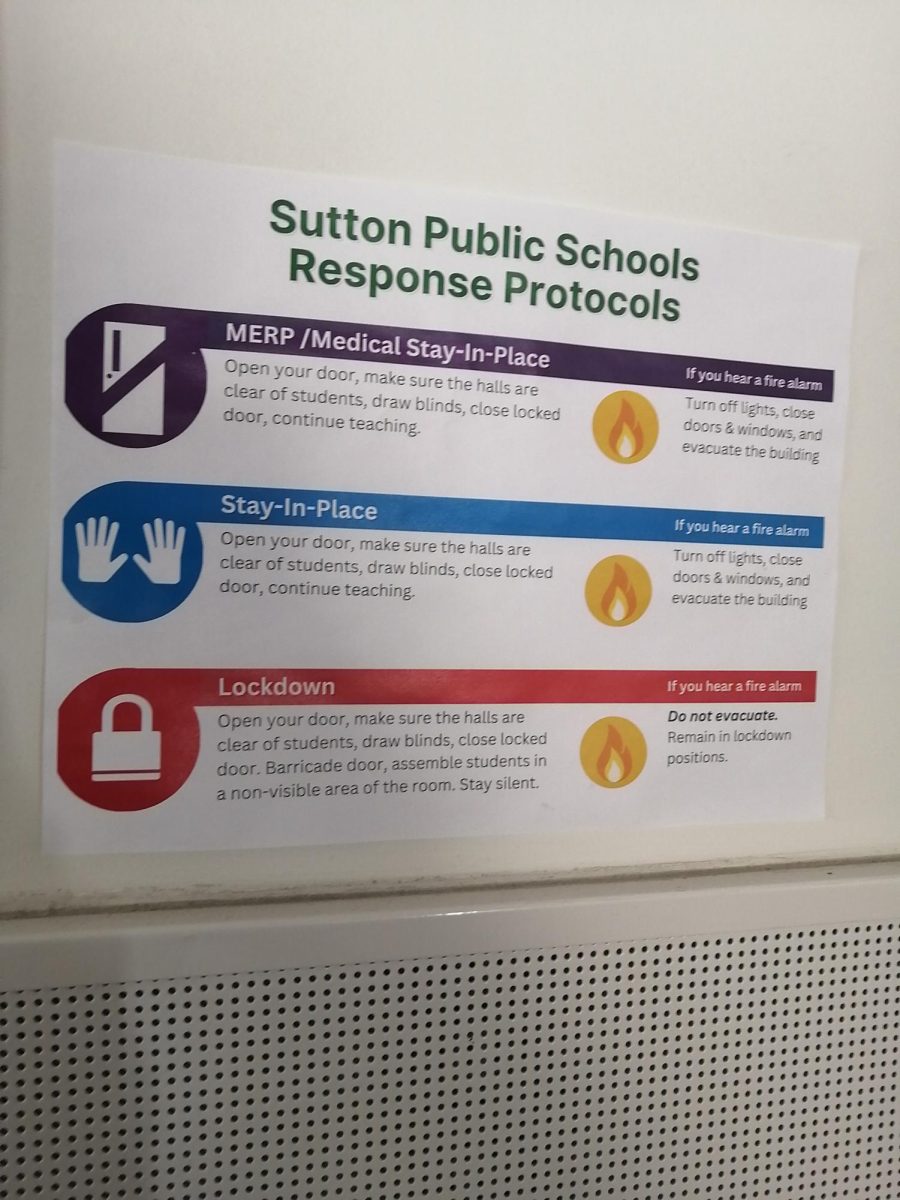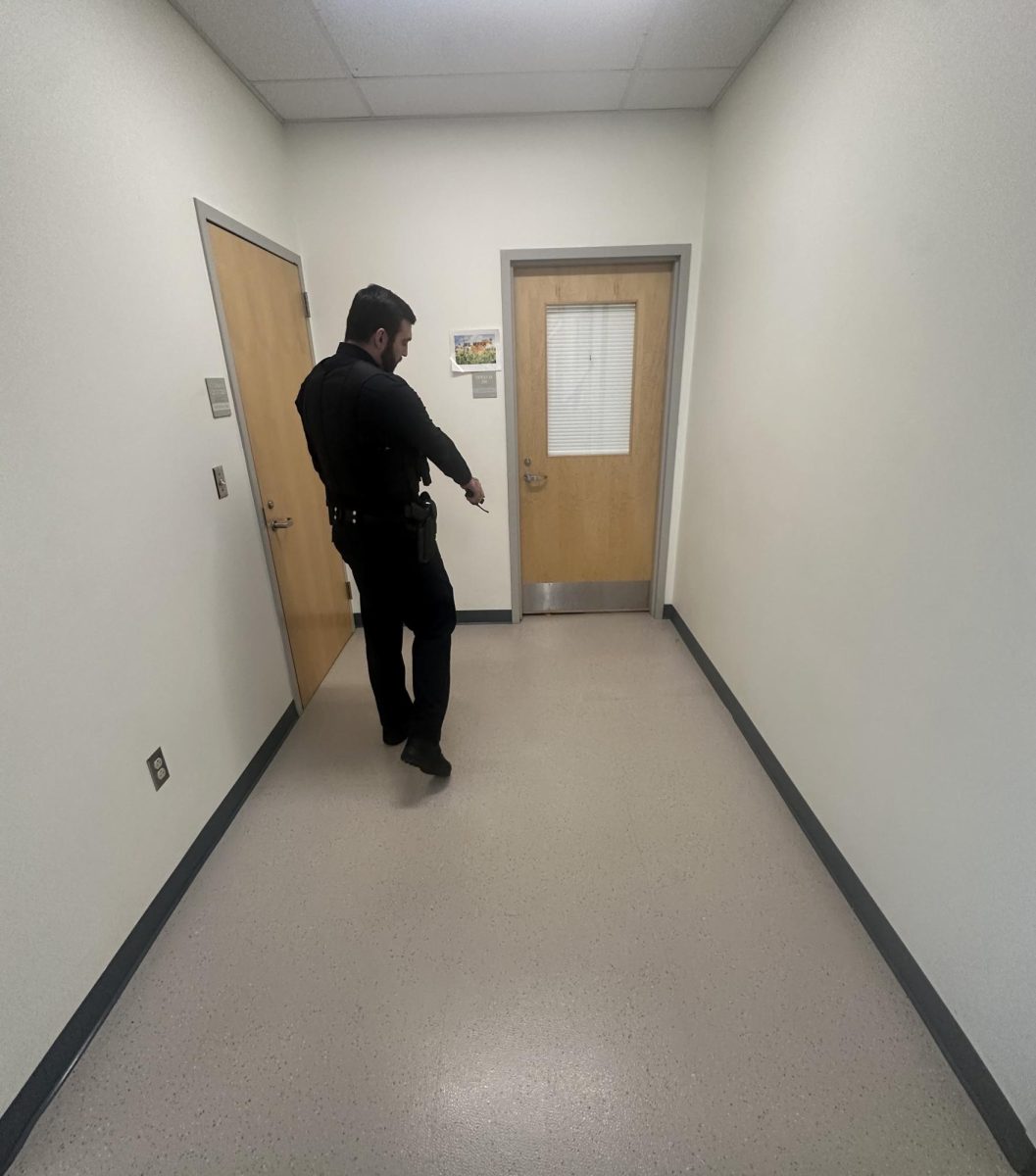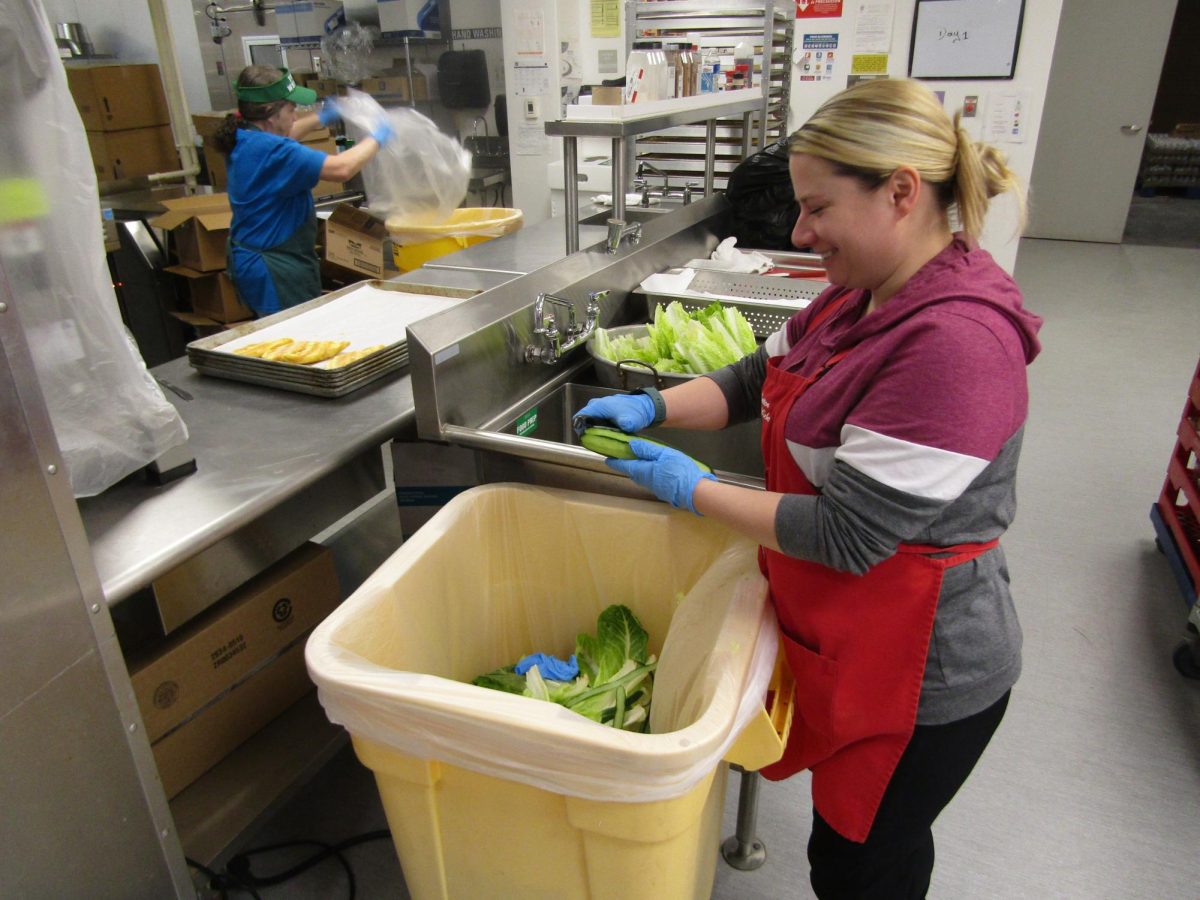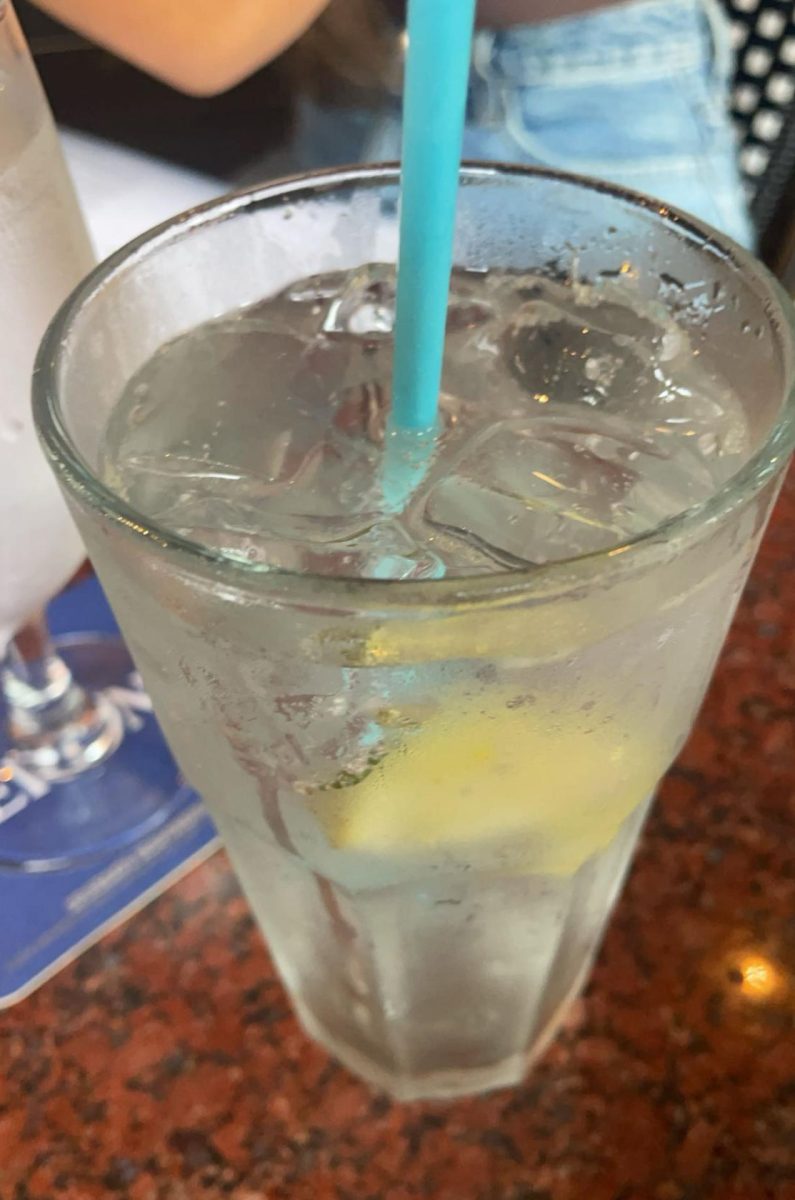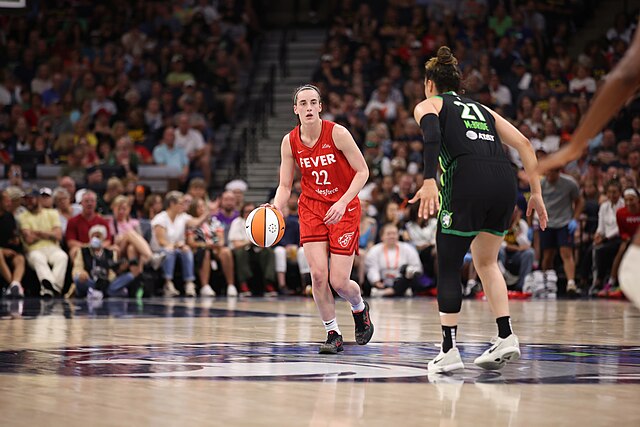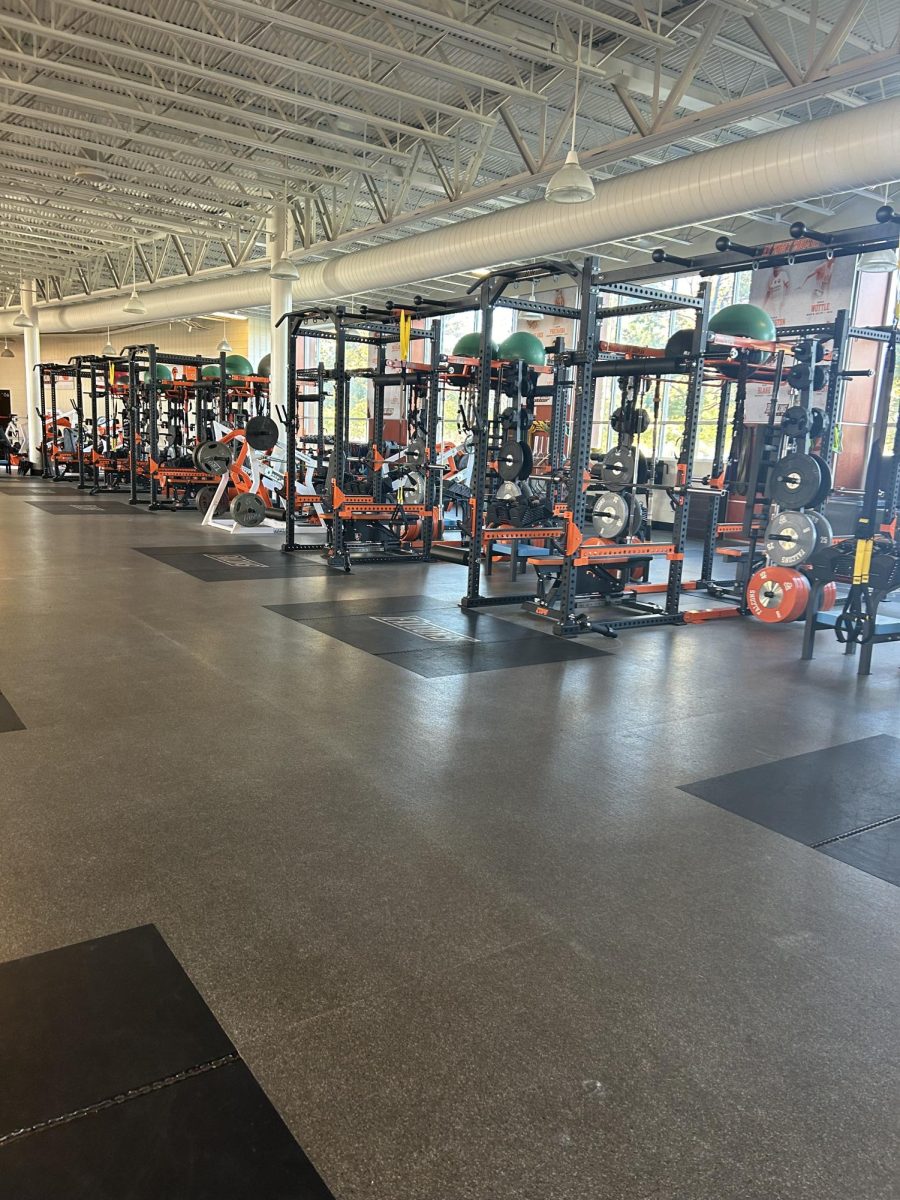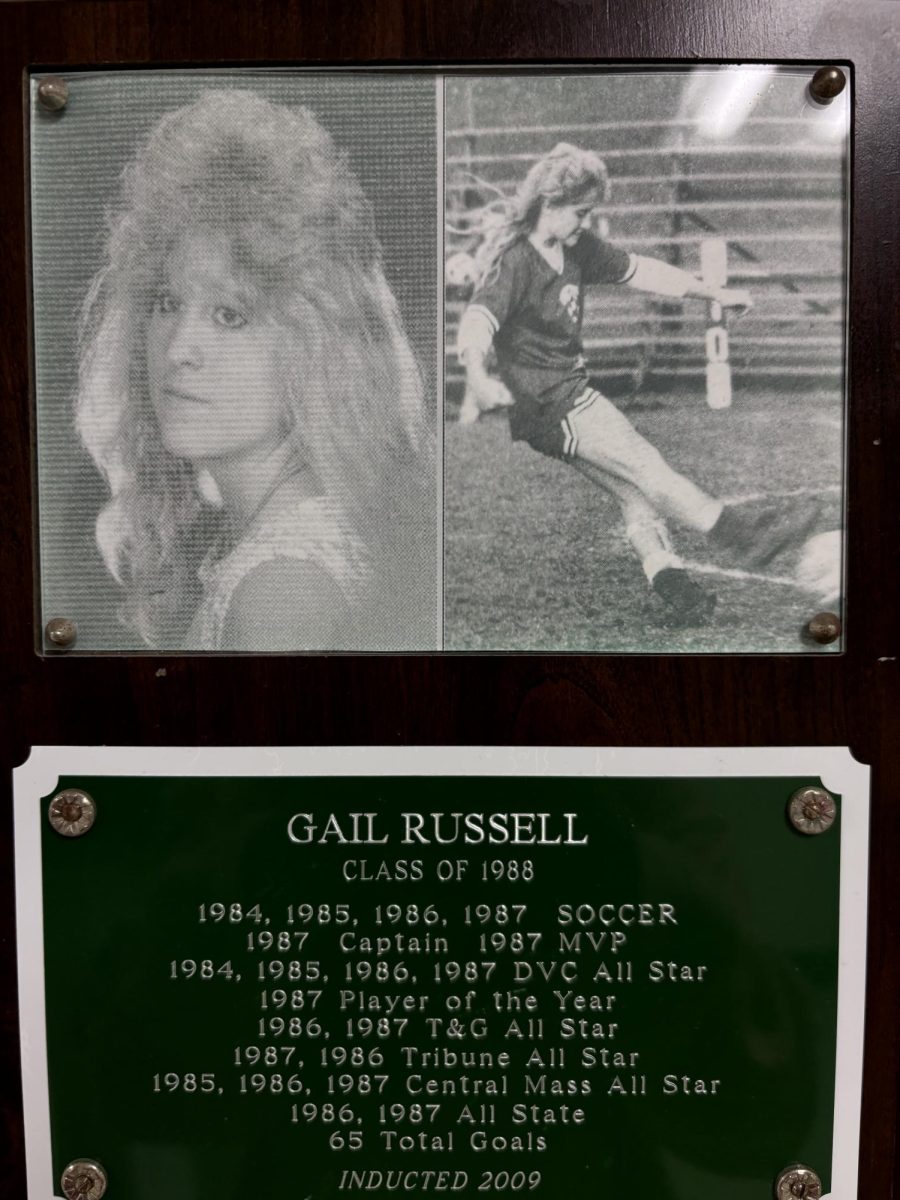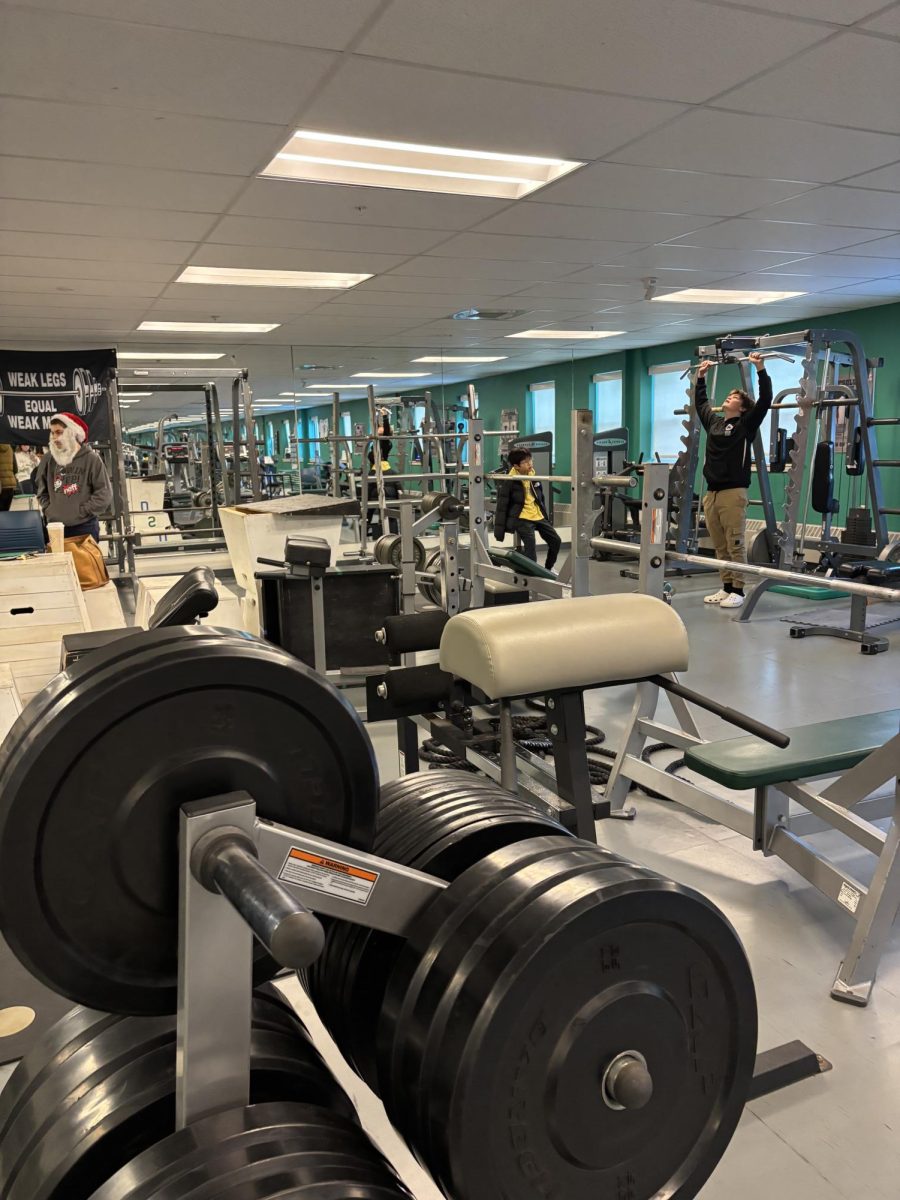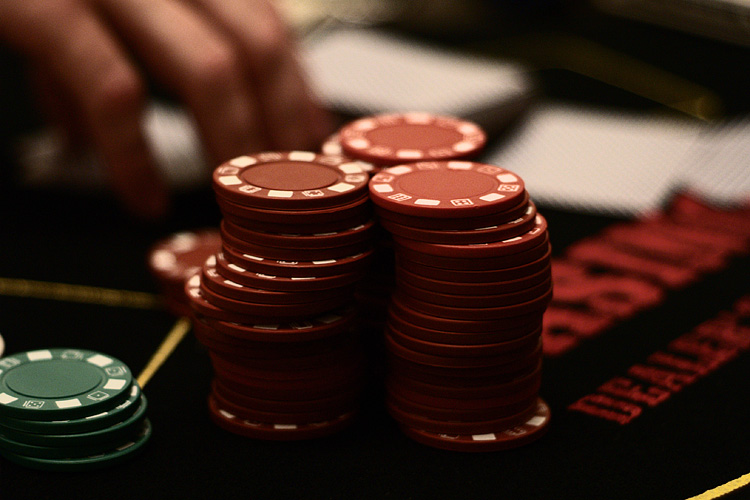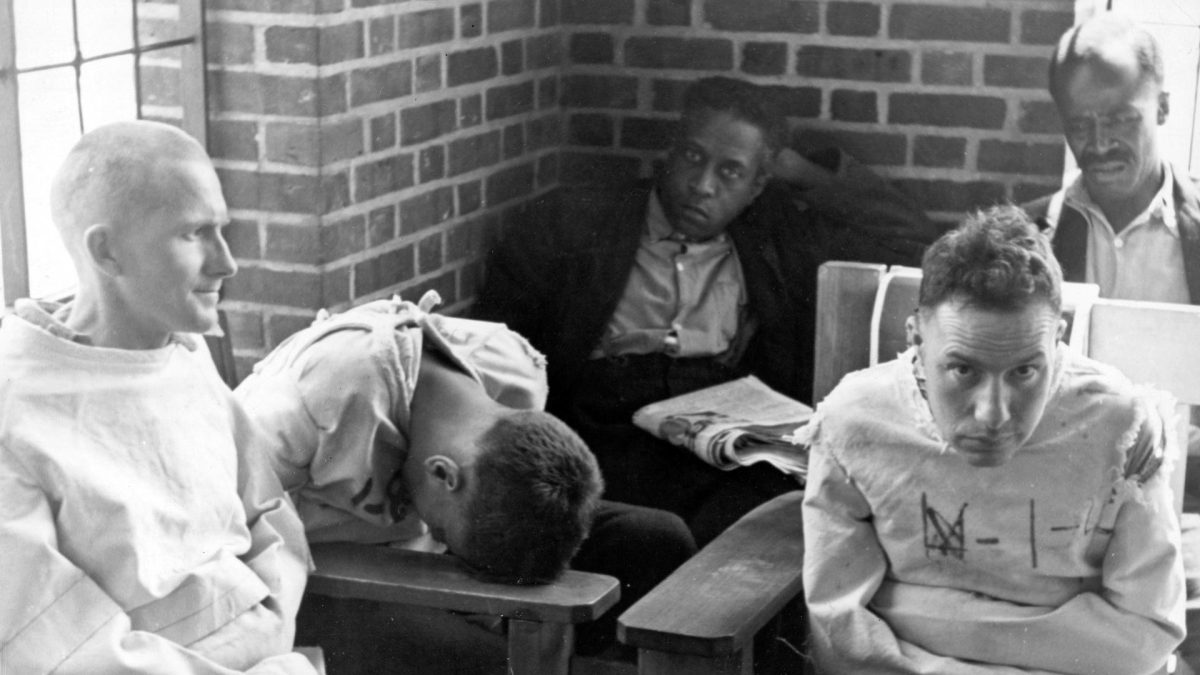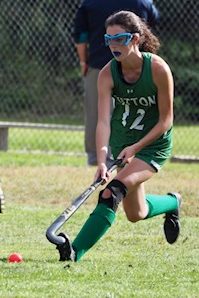How to recover faster from sports injuries
The RICE method (Rest, Ice, Compression, and elevation), can help heal injuries faster
August 31, 2023
Imagine it’s the beginning of your sports’ season. You have trained during the entire off-season for this moment and all of a sudden you twist your ankle on the first day.
Before we go on with this scenario, the absolute worst thing you can do is keep playing while injured. If you play while injured you could be out for the entire season and possibly beyond.
You wonder how you could have avoided this. You think about all the hours and hard work you put in for this season just to end up injured and on the bench. Luckily, I have some crucial tips I’m willing to share with you about injury avoidance and how to recover faster.
Research shows 90% of student-athletes obtain some sort of injury from sports. That is a HUGE number. I have been injured multiple times a year, and every time I get injured I always think there has to be some way I can avoid most of my injuries. I have always thought there was a secret tip or a complicated way to avoid injuries, when in fact the answer is simple.
Muscle injuries are the most common injuries among athletes. Always ice after any sort of muscle injury. Ice reduces muscle inflammation and numbs the pain. Applying heat helps as well. You may or may not know the RICE method (rest, ice, compression, elevation). The RICE method is extremely helpful and has allowed me to recover from muscle-related injuries two times faster.
Remember to stretch before exercising. Stretching is almost always overlooked, but it’s a key tip to avoiding muscle injuries. Keep stretching the injured area during recovery as well. Stretching the injured area allows your muscles to be flexible and can speed up the healing process. Take the time you need to return to sports. Just because you may feel a little bit of pain does not mean you should return. Listen to your body and take the time to heal, over rushing back into playing and being injured for longer.
There are many types of muscle injuries. A pulled muscle/muscle strain occurs when a tendon is torn or overstretched. A mild case might take less than a week to heal, while a major case may take six weeks or more.
A muscle tear occurs when the muscle is quite literally torn. This is more severe than the common pulled muscle.
Muscle sprains are when you overstretch a ligament attached to a joint. This injury may take over a month to heal. Depending on where the injured muscle is, the healing process may take a lot longer.
Bone injuries are also common. Bone injuries can range from a hairline fracture (“best” fracture you could receive) to a transverse fracture (“worst” fracture to receive). Fractures are considered broken bones and they are some of the worst injuries to have because healing may take months.
A more mild bone injury is a bone bruise. A bone bruise is where blood fills up around the injured bone. Bone bruises can be extremely painful and it’s sometimes hard to tell the difference between a bone bruise and a fracture. They take at most a few weeks to heal.
The number one worst injury to have is an ACL tear. The ACL is the tissue that connects the thighbone, shinbone, and knee. ACL tears typically take over nine months to heal. Surgery is required for the ACL to fully heal. Although ACL tears are rare, around 100,000 athletes tear the ACL per year in the U.S.
Overall, there are many types of injuries and each recovery process can look different. Remember to not jump back into playing after an injury right away. Returning as soon as possible could potentially make it ten times worse.


